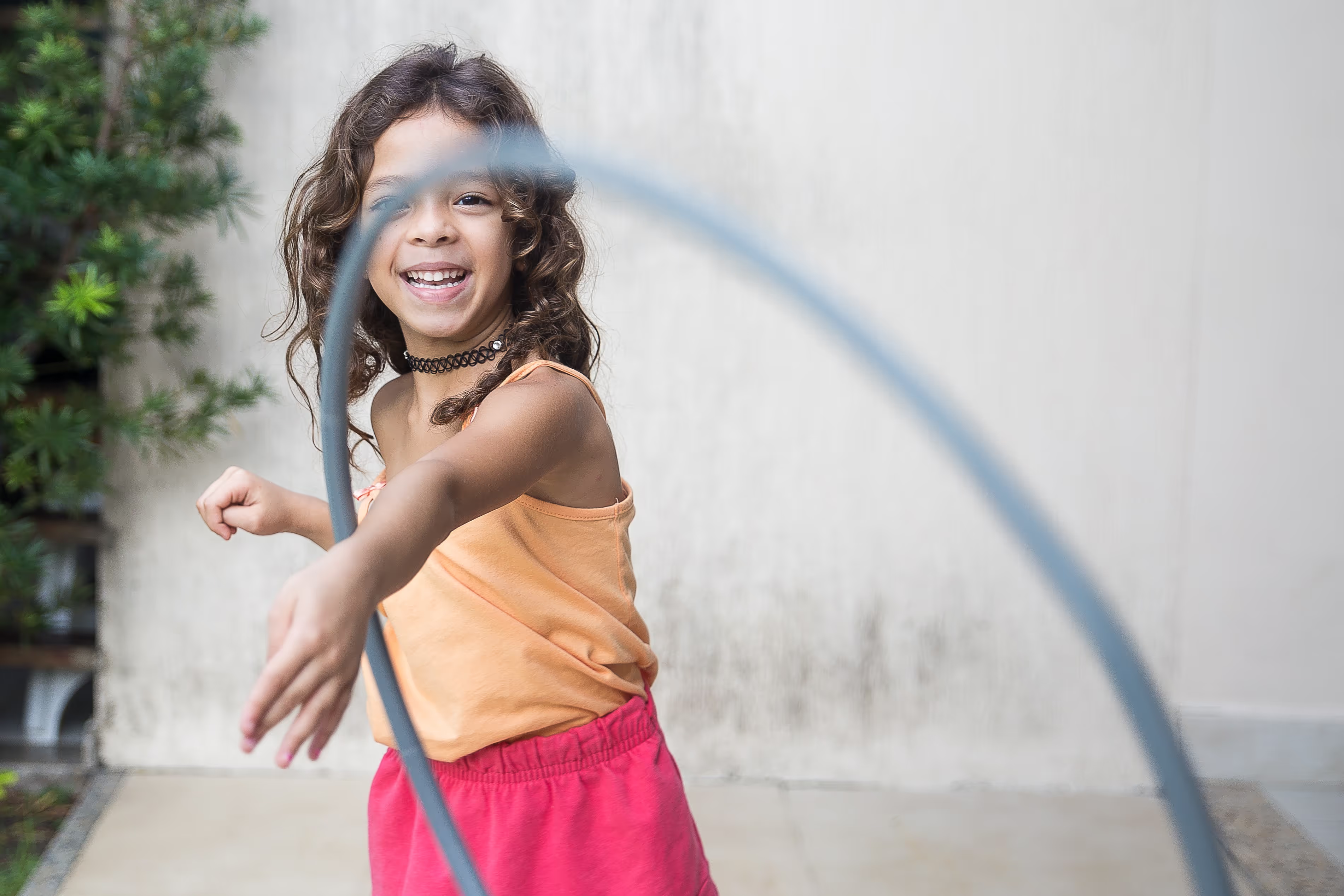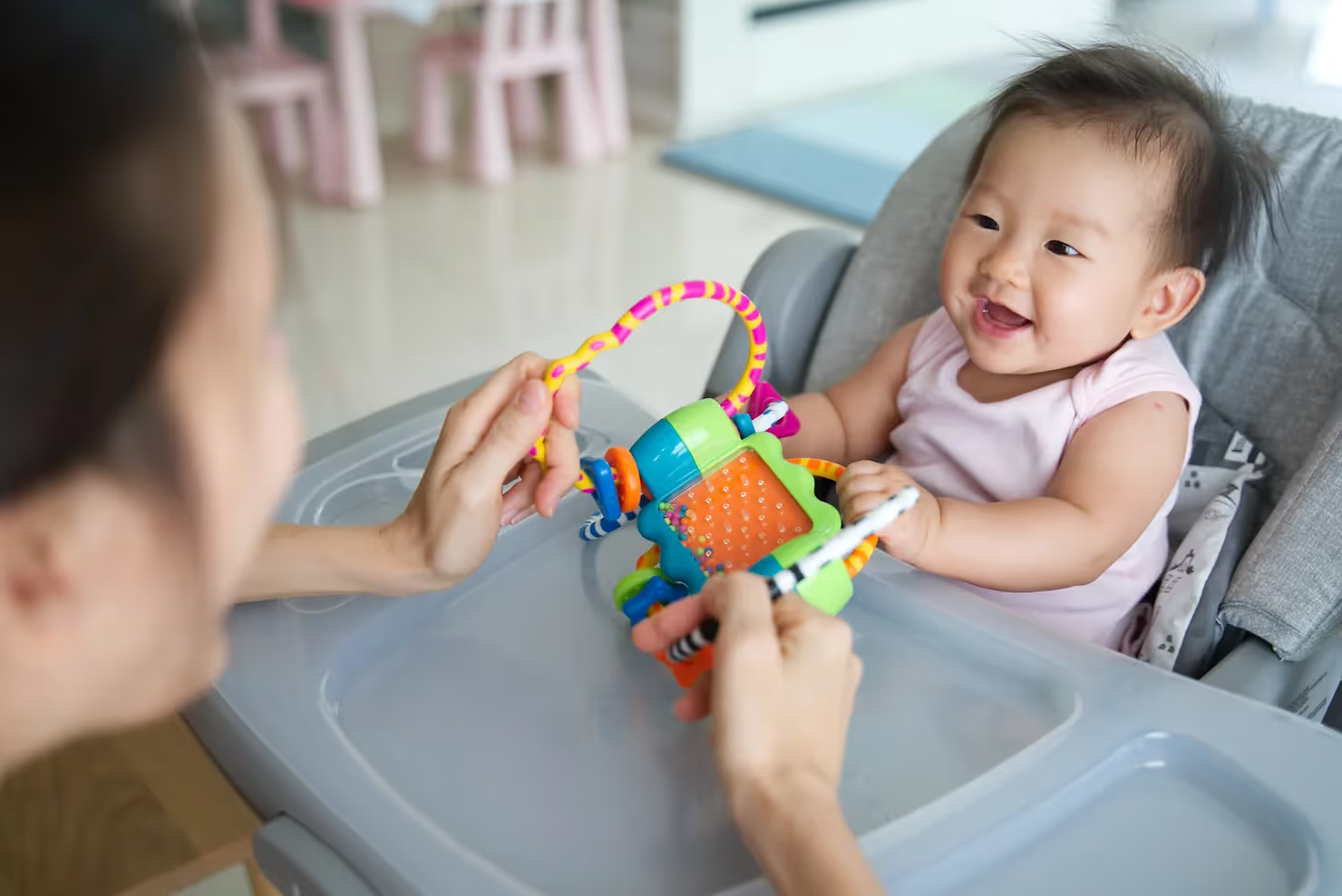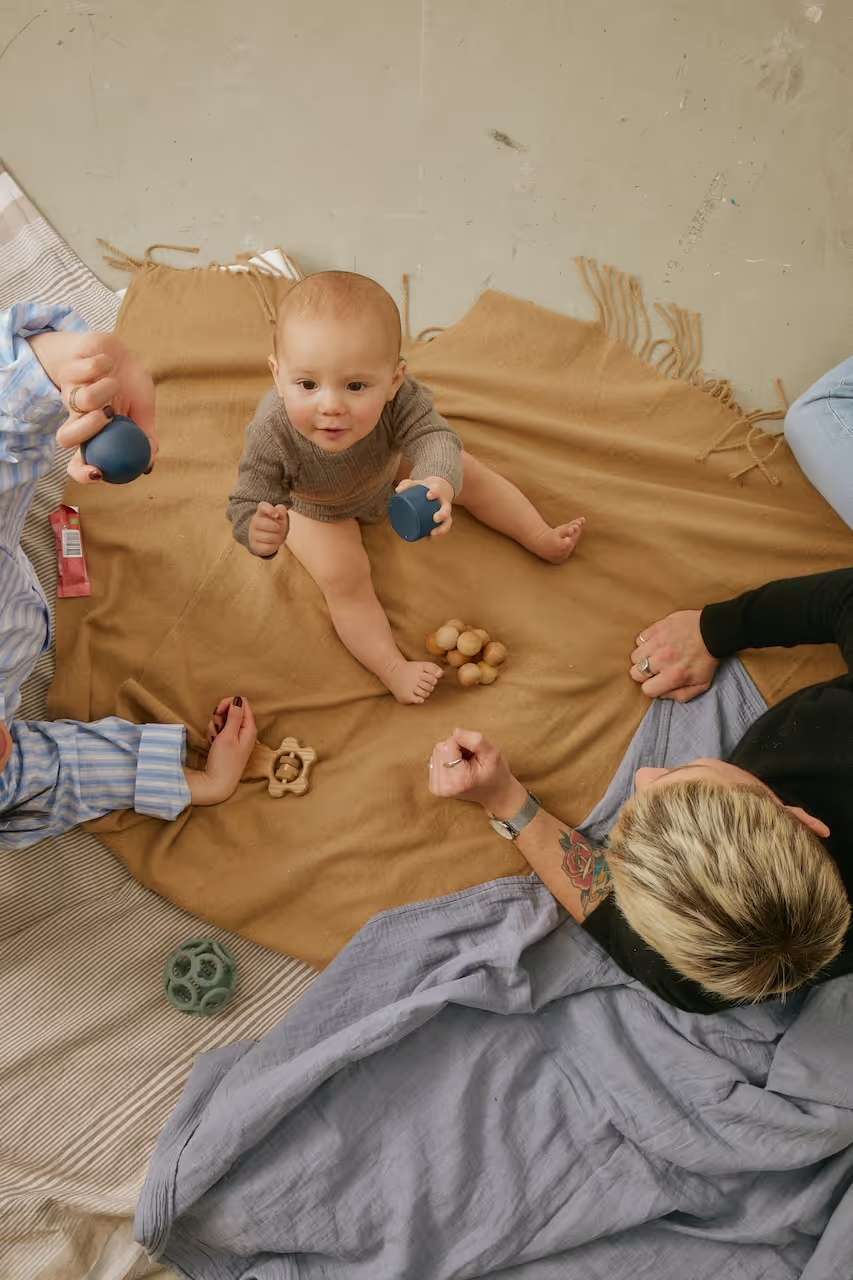
Coral Care content is reviewed and approved by our clinical professionals so you you know you're getting verified advice.
Find effective support for developmental delays, quickly.



Concerned about your child's development?
Our free screener offers guidance and connects you with the right providers to support your child's journey.
During in-home physical therapy sessions, your child’s physical therapist may ask you to provide some standard household items to be used during some exercises.
You don’t need to have all of these on hand before a PT session, but with a little improvisation, your PT will work with you to identify what objects can be used.
Check out how the following items can be used during PT!
Towel Rolls
Rolled towels are great to use to assist with positioning your child during gross motor skill development. You can use it under your child’s chest to make it easier for him or her to prop on elbows on his or her belly and work on building trunk and neck strength. You can also position it under your child’s hips when he or she is laying on his or her back to allow your child to strengthen his or her core muscle and pull his or her feet towards his or her hands.
Pillows
Pillows work as a great item to help position your child while learning to sit. You can also place couch pillows on the ground to be used as a great dynamic surface to challenge your child’s balance while standing, squatting, or walking across.
Mirrors
Kids love mirrors! It is a great motivator for kids to watch themselves (no matter their age!). Mirrors also allow you to see your child’s position if you are facilitating an exercise from behind.
Yoga Mat and Blocks
Yoga equipment is very useful in PT. A yoga mat provides a softer surface with grip for children who are learning to stand and walk. Roll it up to provide an obstacle for your child to step over! You can use yoga blocks as a seat to practice sit to stand transitions, use as support for a child learning to sit, or use as a step to step up and down!
Cardboard Box
Cardboard boxes are great for kids to step into and out of to work on developing their motor planning and single leg balance. Use them in an obstacle course!
Pool Noodle
Pool noodles are an inexpensive, versatile item to use during PT sessions. Your child can work on stepping over it, jumping over it, holding on and walking, and you can even cut it in half to make a balance beam!
Hula Hoops
Hula hoops are great for children who are close to walking. They can hold onto the hula hoop while stepping, which gives them light hand support as they are developing their balance. You can also use them as a target for kids to work on jumping in or out!
Paper plates
Paper plates on a wood floor create a reduced-friction surface for your child to work on building strength and balance. They can place their hands on paper plates and work on bear crawling to build core and upper body strength or can slide with each foot on a plate like ice skating to work on their balance.
Step stool
A foldable step stool is a great item to have so your child can work on developing their sitting balance, standing up from a sitting position, or stepping on and off.
Furniture
Using the couch, chairs, or a padded ottoman or table allows your child to safely explore his or her environment while developing gross motor skills. You can use your furniture to help your child work on sitting, pulling to stand, cruising, standing independently, climbing on and off, and walking!





